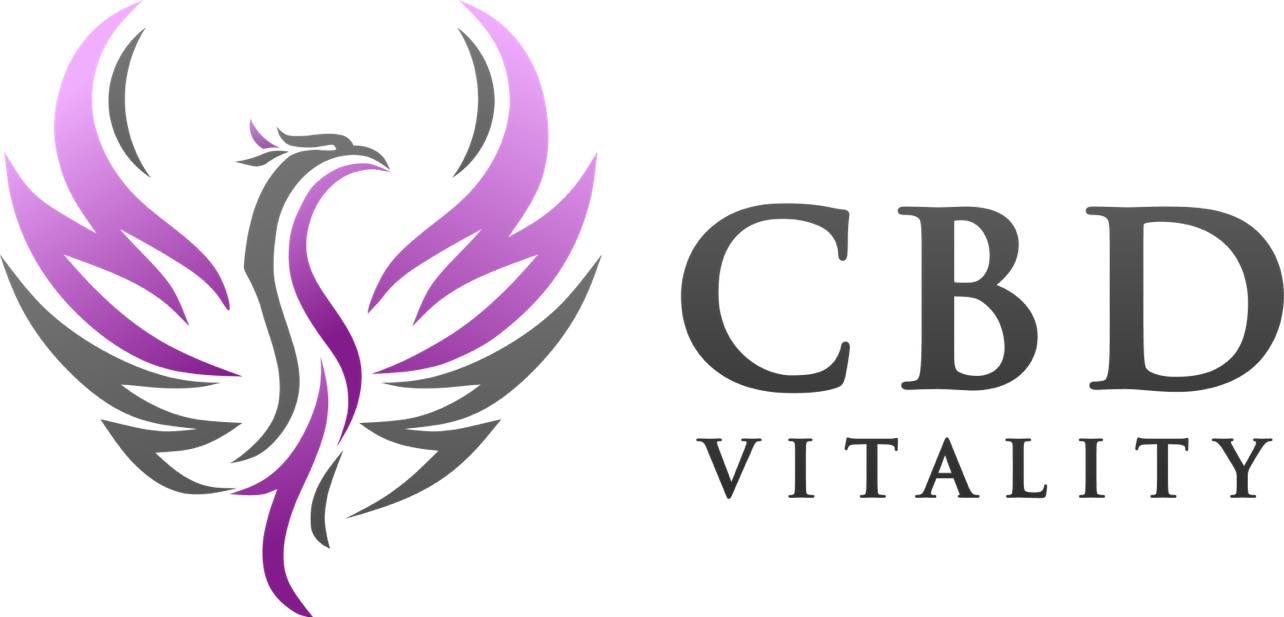
CBD has been the focus of a wide variety of research in the past several decades. With the federal legalization of hemp came an influx of biomass on the market, and research material has become more accessible. Studies surrounding CBD have focused on a wide range of topics, including how CBD impacts our bodies and its potential in the fight against medical ailments such as Refractory Epilepsies.
What are Refractory Epilepsies?
According to Medical News Today, “Refractory epilepsy is a form of epilepsy that does not respond to treatment with medication.” This form of epilepsy could be caused by a new medication that fails to work or no longer works as it did before. It can also be caused by side effects from prescription medication an individual is taking.
Refractory epilepsy is diagnosed by a medical professional, and will often be diagnosed after thorough testing to ensure all avenues have been exhausted. According to John Hopkins Medicine, roughly one-third of individuals (out of an estimated 50 million individuals at the time of this writing) diagnosed with epilepsy will develop refractory epilepsy.
Research teams around the globe have made refractory epilepsy the focus of their studies and time. The properties of CBD have opened up new paths toward new possibilities within the medical and scientific communities. Texas A&M is one such team that has explored the option of CBD’s use against refractory epilepsies in both children and adults.
Texas A&M Takes on the Challenge
In a late 2022 study by researchers at Texas A&M, researchers theorized CBD could be used to treat seizures in children and adults with refractory epilepsies. According to their hypothesis, “Due to its lack of psychoactive properties and the low rate at which tolerance develops, CBD has a much broader therapeutic potential for epilepsy than THC.”
The paper was compiled utilizing previous research that shows the CBD cannabinoid to have antiseizure activity. Preliminary studies done on mice have shown that high doses of CBD have the potential in reducing acute seizures. These studies helped lay the groundwork for studies like the one conducted by Texas A&M.
Before this paper was published, most preliminary studies were conducted using mice, rats, or small controlled studies on humans. However, this particular study builds on this research, compiling the data into a wide scope of the status of using CBD for adults and children with refractory epilepsies.

According to their research, “Overall, a persistent theme observed across these pivotal studies was that CBD is particularly effective against a large variety of seizure types, which is not surprising given the broad-spectrum activity observed in preclinical models.”
However, despite the positive reception, researchers at Texas A&M stress the need for more in-depth studies and trials of how CBD can be used against refractory epilepsies. They cite the current challenge as distinguishing “between FDA-approved CBD product (eg, Epidiolex) and non-FDA approved CBD products (medical CBD, dispensary CBD) product because of significant variations in manufacturing methods, formulation, and compositions among other factors influencing the therapeutic outcomes.”
The Bottom Line
CBD has been making impressive medical and scientific strides in recent years. The preliminary research surrounding how this cannabinoid can be used against refractory epilepsies has been promising. Research compiled and presented by Texas A&M gives a current and wide view of the research and status of what the medical and scientific communities understand about CBD’s use for this particular problem.
The influx of hemp biomass has helped expedite research on cannabinoids, CBD being an individual one with a large focus. New results are being published each week, and our understanding of how cannabinoids can be used is expanding with it. As we learn more, we can better understand how CBD can help open scientific and medical pathways previously unexplored.
